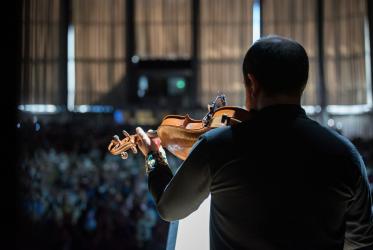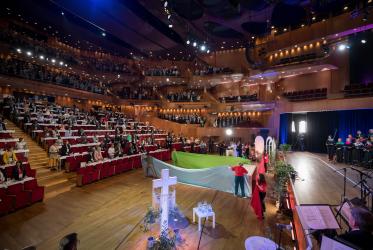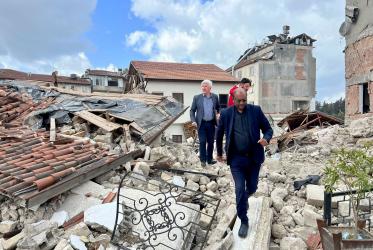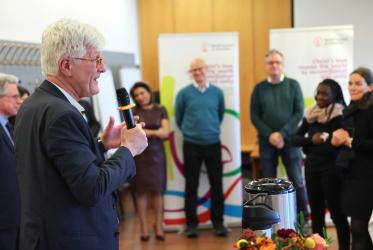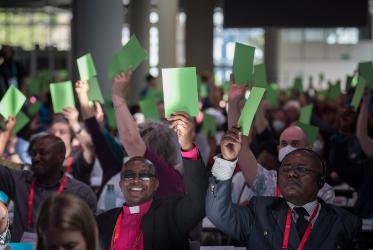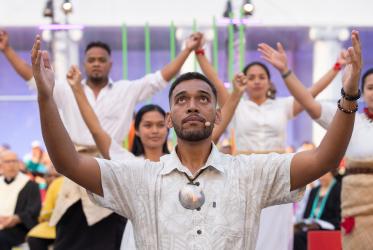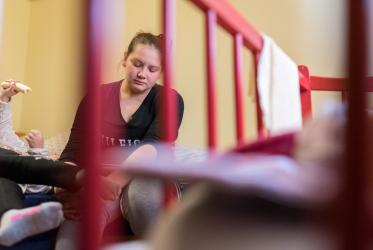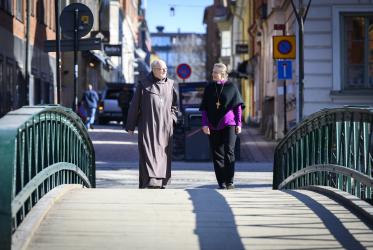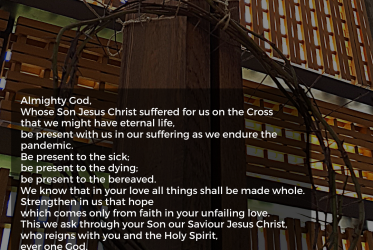Displaying 1 - 20 of 74
21 February 2024
WCC moderator meets WCC staff to strengthen future collaboration
20 January 2023
WCC 11th Assembly shares message: “A Call to Act Together”
08 September 2022
Uppsala 1968: The times, they were a’changing
06 September 2022
Bible studies bring ways to learn how Christ’s love moves us
06 September 2022
Church of Sweden publicly apologises for abuse of Sámi people
26 November 2021
Online spiritual dialogue fulfils growing needs
15 July 2021
